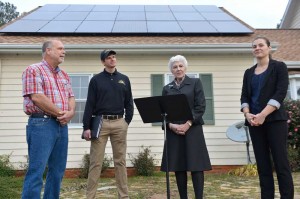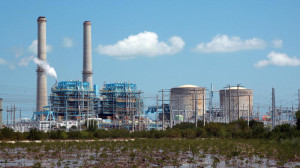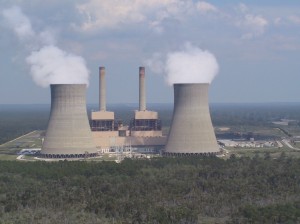 by Russell Grantham
by Russell Grantham
ATLANTA 6/8/16 — Georgia Power officials were grilled by state utility regulators at a hearing Wednesday on why they think customers should pay for a preliminary study for a possible new nuclear plant near Columbus.
The Atlanta-based utility has asked the Public Service Commission to approve $175 million for the study of a Stewart County site as part of its updated 20-year power generation plan.
Those costs, which could ultimately grow to $300 million because of the way they are stretched out, would eventually be paid by Georgia Power’s customers, whether or not the company decided to build the new nuclear plant.
Read the whole article: Atlanta Journal-Constitution










